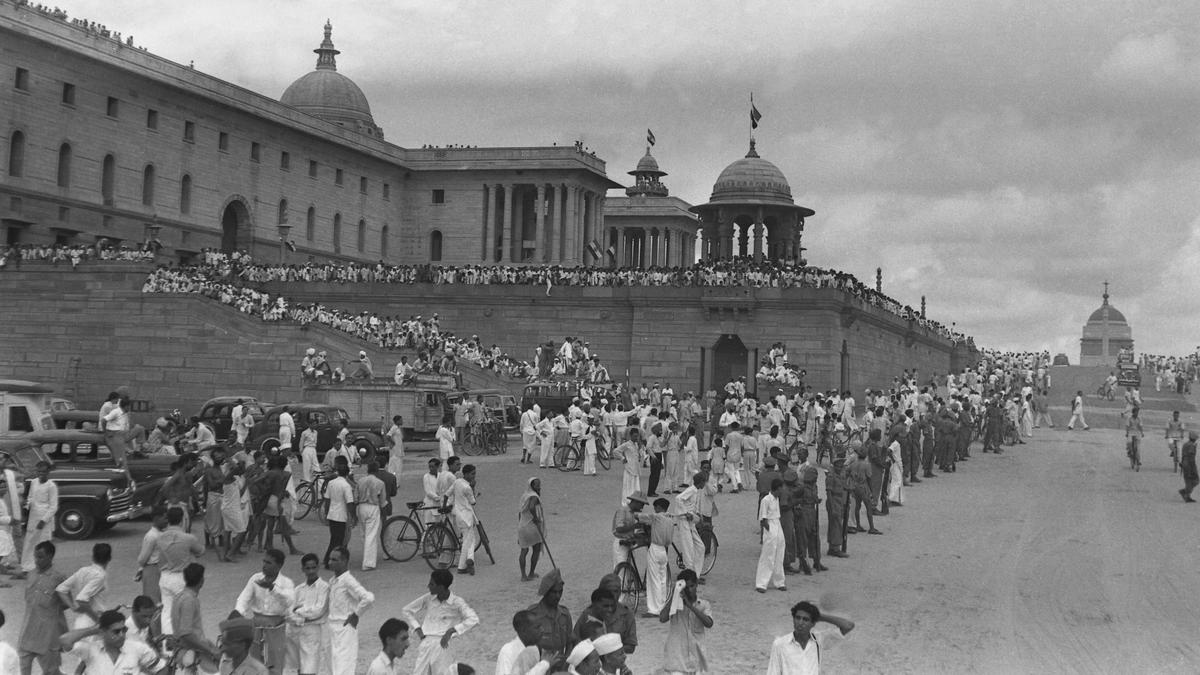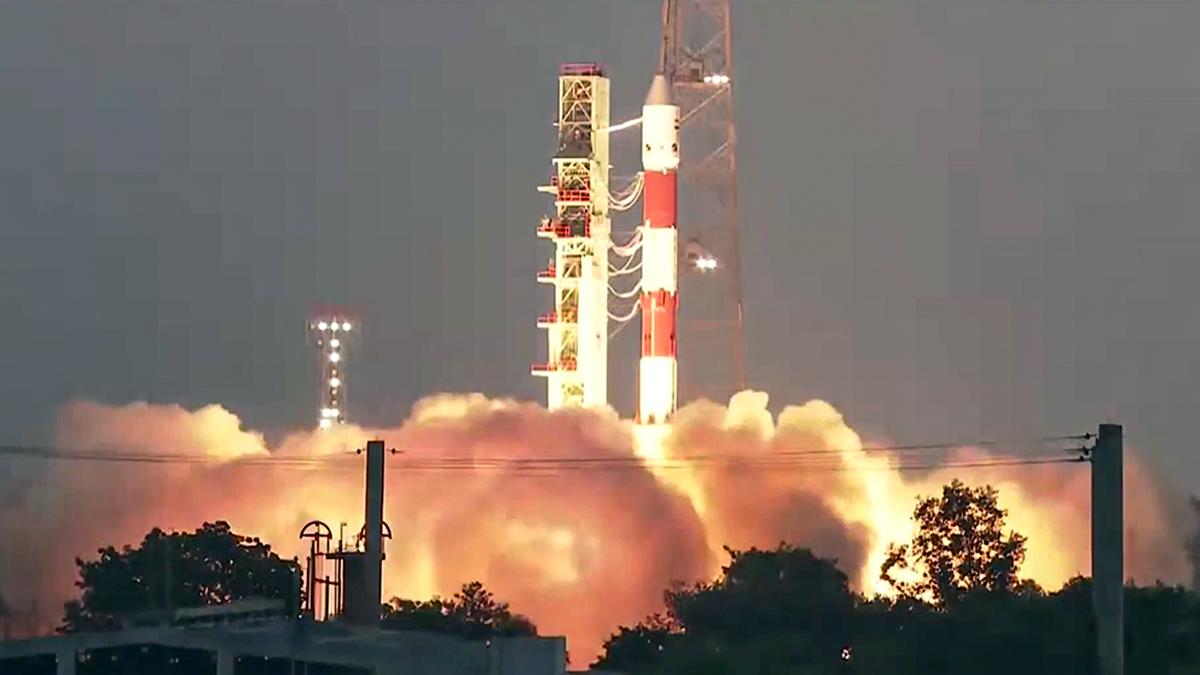Now Reading: Protecting India’s Legacy: A Call to Uphold Democracy
-
01
Protecting India’s Legacy: A Call to Uphold Democracy
Protecting India’s Legacy: A Call to Uphold Democracy

Speedy Summary
- Independence Day Reflection: August 15 serves as a reminder of India’s historic struggle for independence and the ideals of democracy, secularism, and social progress that inspired it.
- Economic Disparity: While India’s economy has improved on several fronts, wealth is increasingly concentrated with a super-minority, leaving farmers and marginalized communities in distress due to inflation, unemployment, and stagnation caused by neoliberal policies.
- Dissent Suppression: Efforts to critique policies or raise concerns about socioeconomic distress are frequently enough labeled as anti-national. Divisive politics based on majoritarian communal ideology threaten constitutional values like inclusiveness and harmony.
- Federalism Undermined: India’s Constitution balances central government authority with State autonomy. Recent trends like ‘One Nation,One Election,’ misuse of central agencies,and the partisan role of Governors disrupt this balance. States face diminished policy-making freedom while central interference intensifies political disputes.
- Governor’s Role Controversy: In Opposition-led States like Kerala, the governor’s office has stalled legislative processes and university operations by withholding approvals or acting against State recommendations-impacting governance quality.
- Call for Constitutional Integrity: A recommitment to cooperative federalism alongside safeguarding democratic pluralism is urged as part of Independence Day reflection.
Indian Opinion Analysis
India’s journey as independence reflects critically important achievements but also steers attention toward challenges rooted in inequality and governance structure disturbances that risk undermining its founding principles. Increasing wealth concentration among the elite raises questions about equitable growth; individuals on economic margins continue to face serious hardships despite broader development strides.
The federal structure envisioned in India’s Constitution has been instrumental in preserving diverse State identities within a cooperative framework-but recent encroachments weaken this synergy by subordinating States under centralized executive authority through measures like limiting legislative functions or politically influencing constitutional offices such as Governors’ roles.
The marking down of constructive criticism as “anti-national” illustrates how dissent risks suppression rather than being channelized into policy improvements-a concerning departure from democratic spirit inherent in Independence Day observances.
Addressing these issues requires affirming India’s foundational ideals undistorted by polarized politics while enabling empowered policymaking at all levels without negating institutional checks set into place over decades. Strengthening mechanisms aligning governance efficiency with constitutional sanctity remains imperative to ensuring resilience amid sociopolitical shifts.























